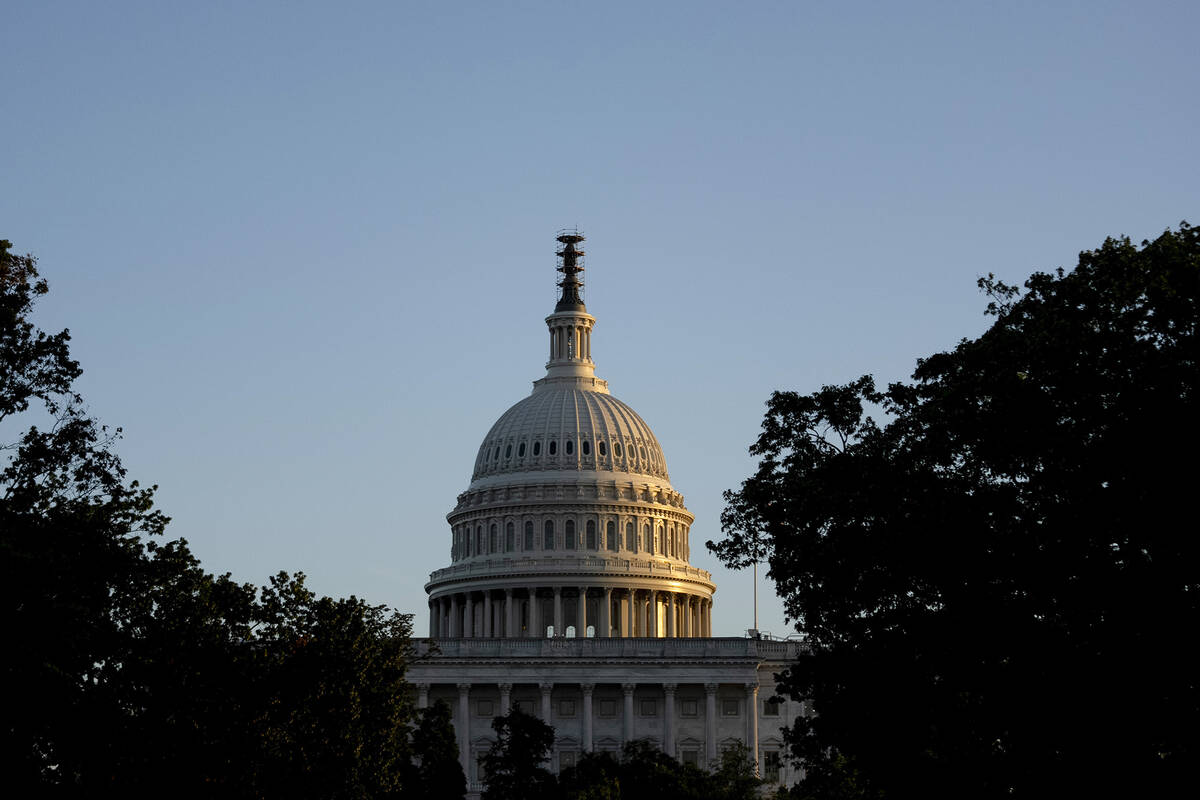Recent statements by Russ Vought, the Director of the Office of Management and Budget, have ignited a significant debate regarding the appropriations process in the United States. Vought asserted that “the appropriations process has to be less bipartisan” in a piece published on July 18, 2023, in the Review-Journal. This assertion has raised concerns about its implications for the constitutional framework governing federal spending.
The Constitution explicitly outlines the procedures for appropriating federal funds. According to Article I, Section 9, “No money shall be drawn from the Treasury, but in Consequence of Appropriations made by Law.” This legal framework underscores that laws must receive approval from both chambers of Congress and require the president’s signature. Bipartisan support, therefore, is not merely a formality; it is a constitutional requirement that has been fundamental to the governance of the nation.
The Founding Fathers, including James Madison, recognized the importance of a balanced approach to federal spending. Madison referred to the power of the purse as the “most effectual weapon” to prevent executive overreach. By necessitating consensus across the political spectrum, the system is designed to prevent fiscal instability and safeguard against authoritarian tendencies.
Vought’s vision, which suggests a shift towards a more partisan approach to budgetary decisions, poses significant risks to this balance of power. His advocacy for appropriations driven by a single party, coupled with proposals to retract funds already allocated, challenges the foundational principles of constitutional governance. This perspective could lead to what some argue is a dangerous precedent where factional dominance overrules the need for broader consensus in fiscal matters.
The constitutional design intentionally fosters a system of checks and balances. By requiring collaboration between political parties, it aims to ensure that decisions about public spending reflect a wider array of interests and perspectives. The potential shift towards a less bipartisan appropriations process risks undermining this essential framework, raising alarms among political analysts and scholars who view such moves as a departure from established norms.
As these discussions unfold, it remains crucial for lawmakers and citizens alike to engage in meaningful dialogue about the implications of budgetary practices. The integrity of the appropriations process is not merely a technical issue; it directly affects the principles of representation and governance that define the United States. The call for less bipartisanship may resonate with certain factions but could ultimately jeopardize the foundational ideals that have guided the nation’s fiscal policy for over two centuries.
In conclusion, Vought’s statements highlight a critical juncture in American fiscal policy. The dialogue surrounding the appropriations process will continue to evolve, as stakeholders on all sides weigh the importance of constitutional adherence against the backdrop of contemporary political dynamics.
